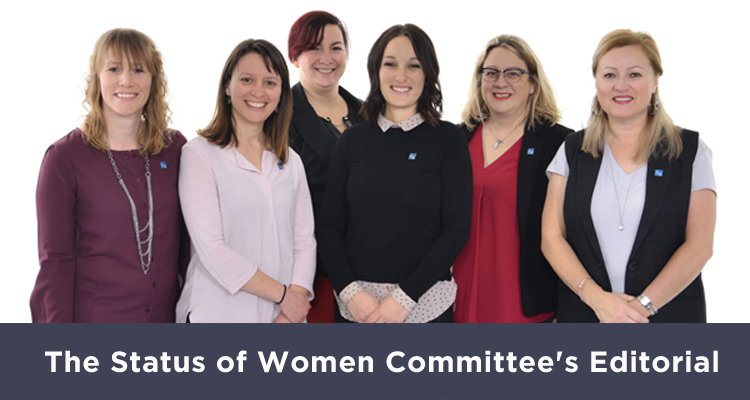
And you, how are you really doing?
Since the beginning of the pandemic, many healthcare professionals feel they have lost their bearings. Many are overwhelmed by the feeling of having lost control of their personal and professional life. Many feel that they are no longer providing the optimal care for which they were trained. Some even feel that they are acting against their moral convictions and feel torn. More accustomed to caring for others than for themselves, healthcare professionals are worn out. In fact, the pandemic has underscored the fact that our mental health is not an endless resource. To stay the course, you also need to take care of yourself, to recharge your batteries. And you, when was the last time you took the time to stop? When did you take a break just to hear yourself breathe? When was the last time you did an activity with your mind at peace, without thinking about work and your last patient who died?
There is Luce, this healthcare professional and colleague that you have valued for years. You have noticed that she is getting increasingly worse since the beginning of the pandemic. You feel powerless in the situation and you no longer know what to say to support her. You know she recently separated, and she is a single mother of two young children. Sometimes, you tell yourself that it’s hard to take care of others when you’re having trouble taking care of yourself. A few months ago, she confided in you that she now has panic attacks before going to work: she is short of breath, tachycardic and sweat runs down her forehead and into the hollow of her slimmed down back. She has insomnia and she cries often when she is alone. She feels physically exhausted. She is having more and more trouble concentrating and she is afraid of making mistakes. During her shifts on the floor, which are often 16 hours by obligation, she doesn’t dare ask her colleagues for help, as she can clearly see that everyone around her is over worked. She closes in on herself. You clearly see this, as before, she ate lunch with you. Now, she slips away, and you often eat alone. You surprised her once in the bathroom and her eyes were red. She appeared to have been crying but you don’t even dare bring up the subject with her anymore because in answer to your question “How are you doing?”, she always answers “I’m fine”. You feel her tension and behind her mask you feel her distress. You want to tell her “Yes, but Luce, how are you really doing?” but you feel that question would open a dam holding back a flood.
In April 2020, the Institut national d’excellence en santé et en services sociaux (INESSS) published findings in line with the context of the current pandemic[1] . One of those findings is that “despite a work context where the urgency to act is paramount, professionals must be made aware of the importance of taking short breaks and analysing their own physical and mental condition” (free translation). Also “professionals must avoid judging themselves harshly; it is quite normal in a pandemic context to feel overwhelmed. The expression of difficulties should be encouraged and individual psychological support measures should be offered”. (free translation). Moreover, some studies indicate there is more distress in women working in hospital settings. We are not surprised by this data, since women were already carrying a heavy mental load, which the pandemic has only emphasized. Lastly, the INESSS specifies other reasons that certain organizational conditions which affect the mental health of the health network personnel: poor work organization; lack of mutual trust within the organizations; uncertain access to PPEs; lack of psychological support and reluctance to ask for help.
According to Rachel Thibeault, Professor and researcher specialized in resiliency, to get through the pandemic we are living through, we need to develop meaningful and nurturing relationships in our workplaces and make sense of what we are experiencing together. A caring environment and the search for shared meaning would allow us to build greater resilience, that human capacity to bounce back from our traumas.
On this March 8, 2021, let’s be kind to one another and to ourselves. Let’s listen to our inner voice so that we don’t wait until we are in distress before taking action and asking for help. Don’t hesitate to encourage your colleagues, such as Luce, to do the same.
Let’s remain united in this extraordinary pandemic experience. Demand employers listen to us and demand they provide us with healthy workplaces, spaces for sharing kindness with our colleagues and quick access to psychological assistance for those who need it.
Let’s listen to women!
Let’s listen to healthcare professionals!
[1] INESSS, « COVID-19 et la détresse psychologique et la santé mentale du personnel du réseau de la santé et des services sociaux dans le contexte de l’actuelle pandémie », April 8, 2020